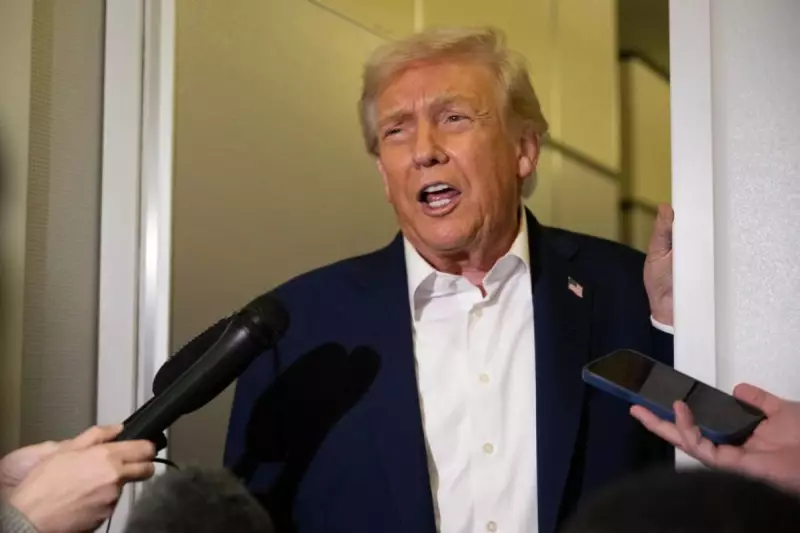
In a remarkable political reversal that has stunned observers on both sides of the Atlantic, former US President Donald Trump has dramatically shifted his position on TikTok, the Chinese-owned social media platform he once sought to ban from American soil.
The Presidential About-Face
Trump, who during his presidency issued executive orders to prohibit TikTok operations in the United States, now claims that banning the popular video-sharing app would unfairly benefit Facebook - a platform he frequently criticises. "Frankly, there are a lot of people on TikTok that love it," Trump stated, adding that "without TikTok, you can make Facebook bigger, and I consider Facebook to be an enemy of the people."
National Security Concerns Remain
The abrupt policy shift comes despite persistent warnings from intelligence agencies about potential data security risks. TikTok, owned by Chinese company ByteDance, has long faced scrutiny over fears that user data could be accessed by the Chinese government. Current President Joe Biden's administration continues to support legislation that could force ByteDance to divest its US operations or face an outright ban.
Political Calculations Emerge
Political analysts suggest Trump's change of heart may be influenced by his relationship with Republican megadonor Jeff Yass, whose investment firm holds a significant stake in ByteDance. The former president's stance places him at odds with many in his own party who view TikTok as a national security threat requiring immediate action.
What This Means for Users and Investors
The controversy highlights the complex intersection of technology, national security, and political influence. With over 170 million American users and substantial financial interests at stake, the TikTok debate represents one of the most significant tech policy battles of our time. As the 2024 election approaches, Trump's position could reshape the political landscape surrounding Chinese technology investments in Western markets.





